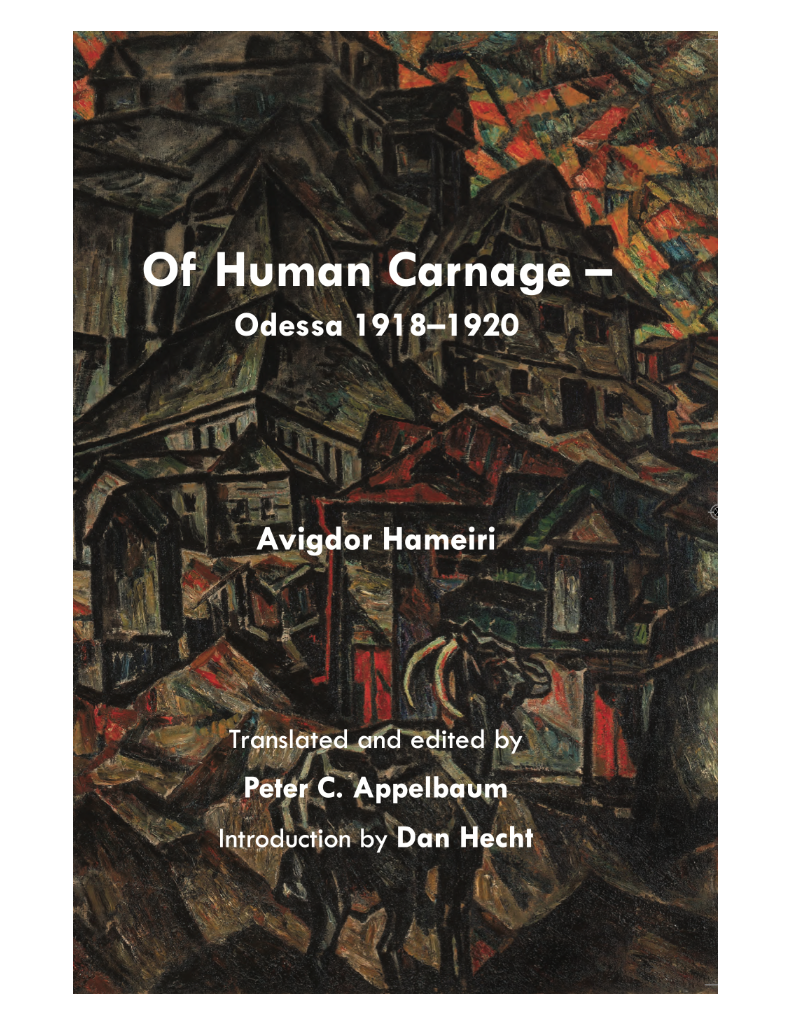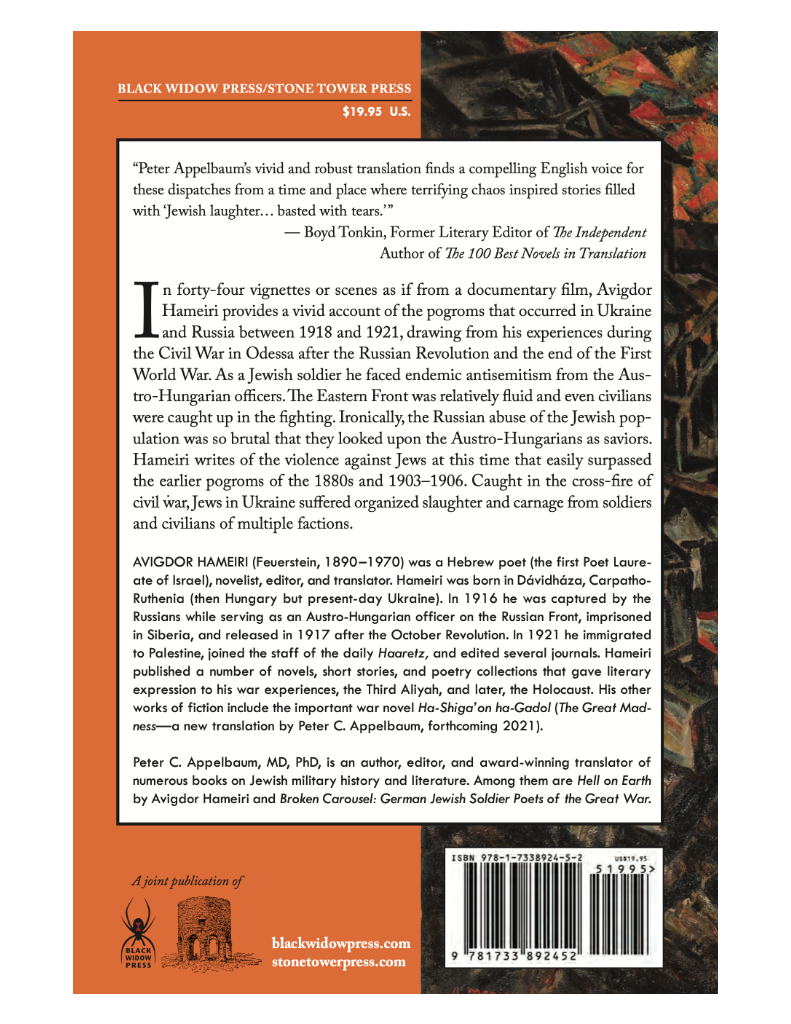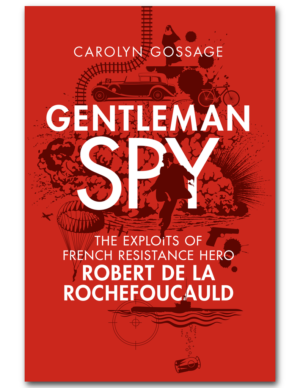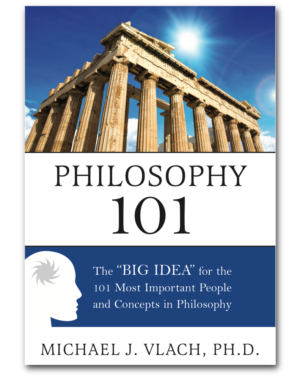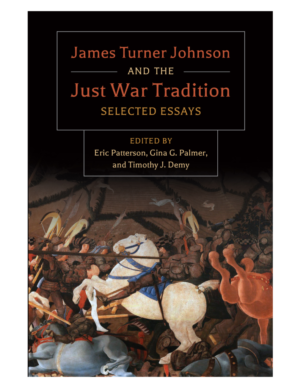“Peter Appelbaum’s vivid and robust translation finds a compelling English voice for these dispatches from a time and place where terrifying chaos inspired stories filled with ‘Jewish laughter… basted with tears.'”
Boyd Tonkin, Former Literary Editor of The independent – Author of The 100 Best Novels in Translation
In forty-four vignettes or scenes as if from a documentary film, Avigdor Hameiri provides a vivid account of the pogroms that occurred in Ukraine and Russia between 1918 and 1921, drawing from his experiences during the Civil War in Odessa after the Russian Revolution and the end of the First World War. As a Jewish soldier he faced endemic antisemitism from the Austro-Hungarian officers. The Eastern Front was relatively fluid and even civilians were caught up in the fighting. Ironically, the Russian abuse of the Jewish populations was so brutal that they looked upon the Austro-Hungarians as saviors. Hameiri writes of the violence against Jews at this time that easily surpassed the earlier pogroms of the 1880s and 1903-1906. Caught in the cross-fire of civil war, Jews in Ukraine suffered organized slaughter and carnage from soldiers and civilians of multiple factions.
About the author:
AVIGDOR HAMEIRI (Feuerstein, 1980-1970) was a Hebrew poet (the first Poet Laureate of Israel), novelist, editor and translator. Hameiri was born in Davidhaza, Carpatho-Ruthenia (then Hungary but present-day Ukraine). In 1916 he was captured by the Russians while serving as an Austro-Hungarian officer on the Russian Front, imprisoned in Siberia, and released in 1917 after the October Revolution. In 1921 he immigrated to Palestine, joined the staff of the daily Haaretz, and edited several journals. Hameiri published a number of novels, short stories, and poetry collections that gave literary expression to his war experiences, the Third Aliyah, and later the Holocaust. His other works of fiction include the important war novel Ha-Shiga’on ha-Godel (The Great Madness – a new translation by Peter C. Appelbaum, forthcoming 2021).
Peter C. Appelbaum, MD, PhD, is Emeritus Professor of Pathology, Pennsylvania State University College of Medicine. After more than four decades in infectious disease research, Dr. Appelbaum is spending his retirement years writing and translating books on modern-day Jewish military history. He is the author of Loyalty Betrayed and Loyal Sons (Vallentine-Mitchell, 2014) and, together with James Scott, has translated an anthology of war essays and poems by Kurt Tucholsky (Prayer after the Slaughter, Berlinica, 2015).

